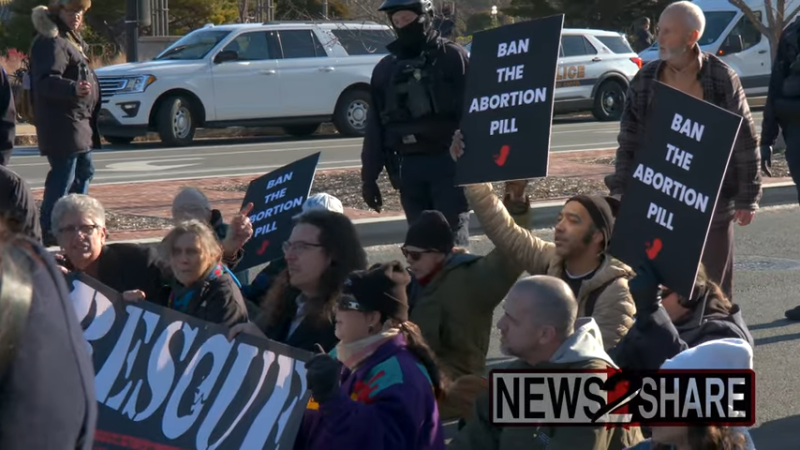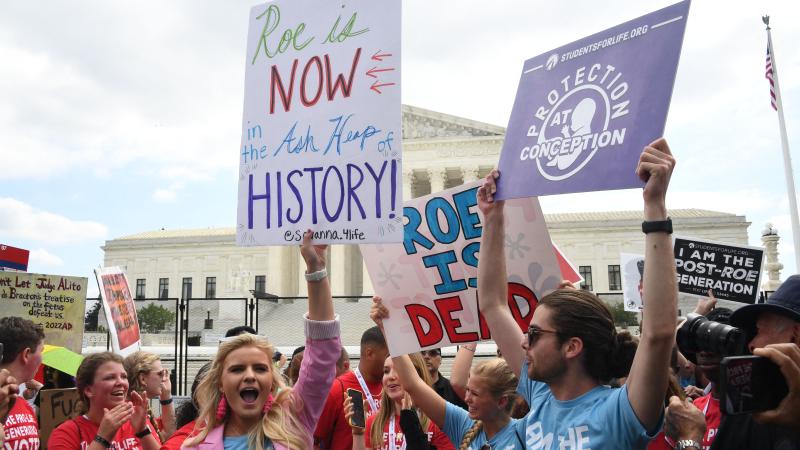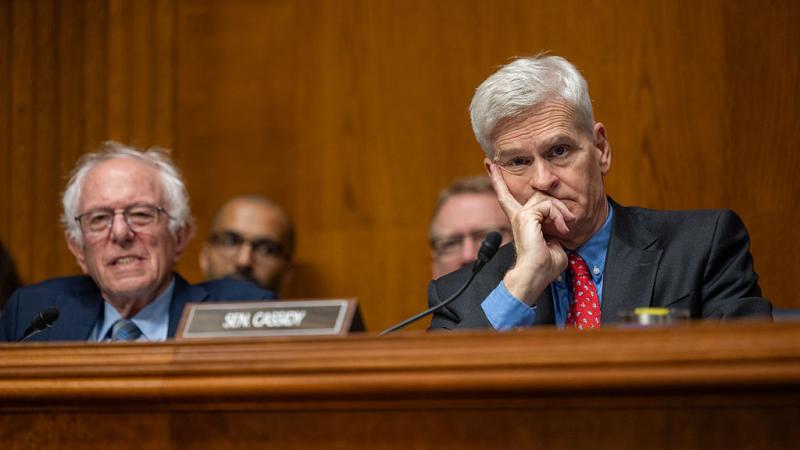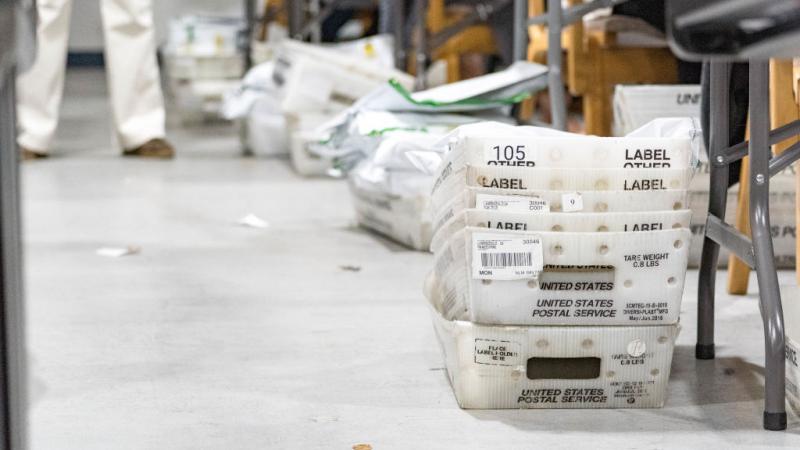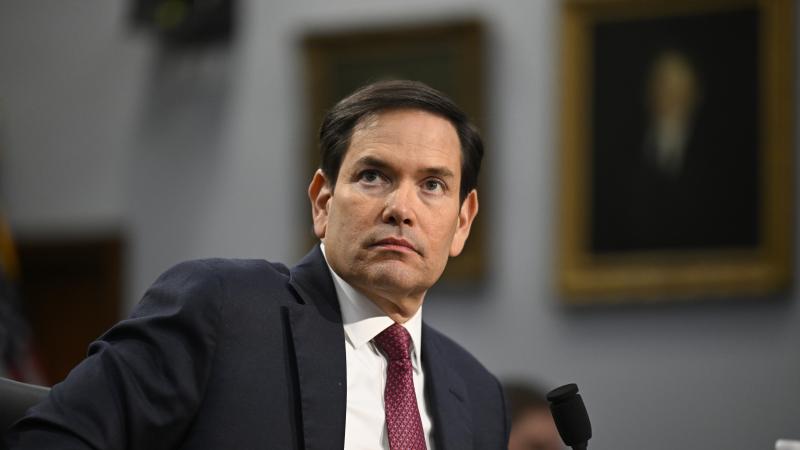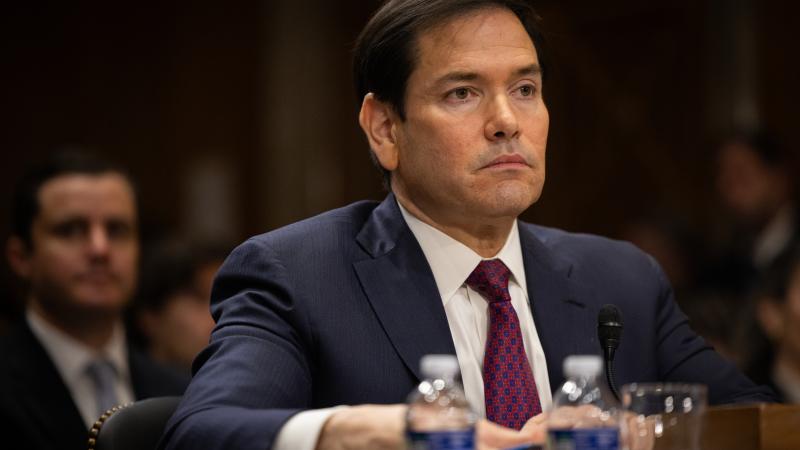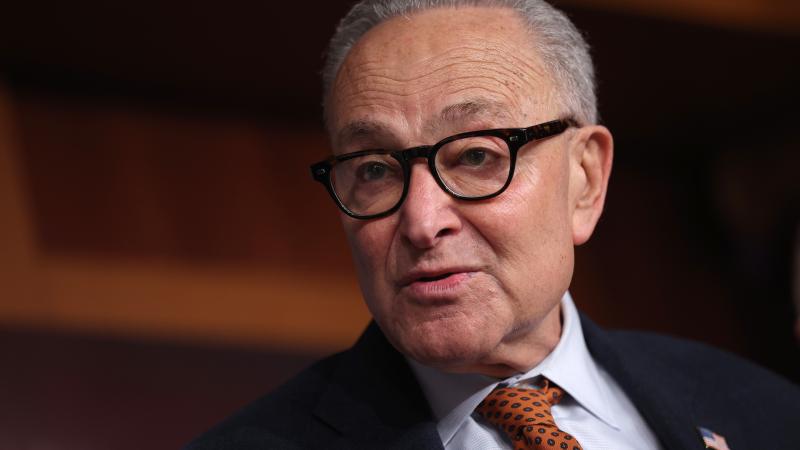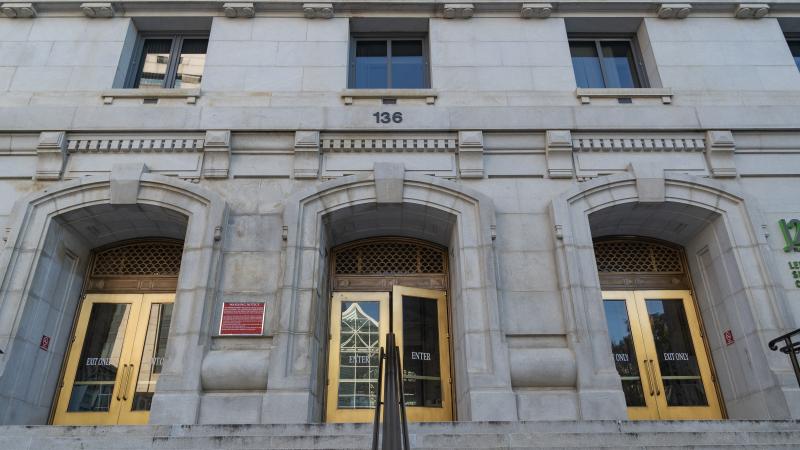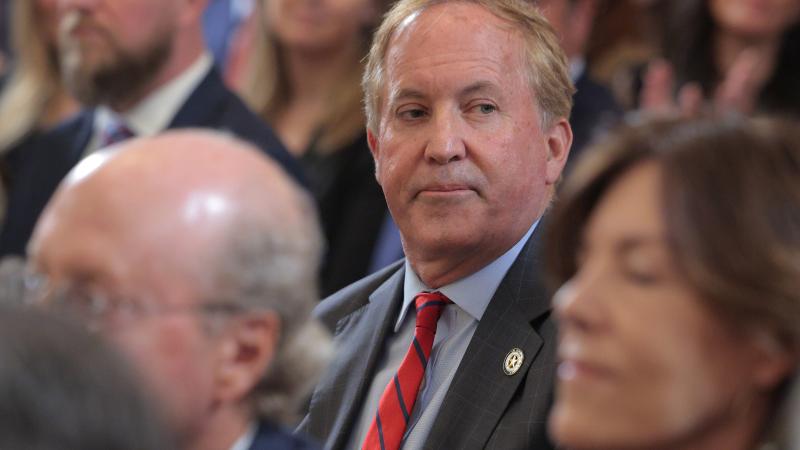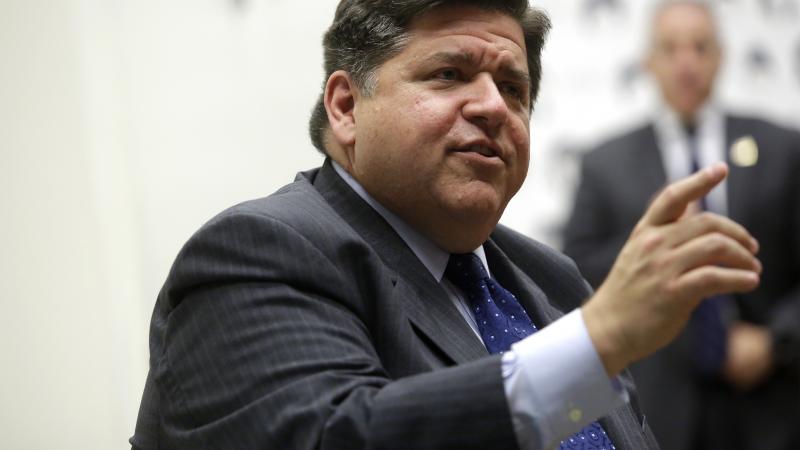Appeals court upholds abortion pill ban in third recent win for battered pro-life movement
Good news for activists after Trump administration disappointments. "For us to once again federalize the issue of abortion without a clear directive from Congress, right on the heels of Dobbs, would leave us one small step short of defiance," 4th Circuit says.
The pro-life movement's mood went from jubilant to somber in the three years after the Supreme Court overturned national abortion rights in Dobbs, as voters in red states cemented protections for abortion and SCOTUS unanimously rejected pro-life doctors' challenge to the Food and Drug Administration's relaxed rules for abortion pills.
The second Trump administration then frustrated pro-life groups by seeking to dismiss GOP-led states' ongoing challenge to the FDA's mifepristone rules and disclaiming any plans to restrict the drug, taken with misoprostol to abort and expel a fetus, though Health and Human Services Secretary Robert F. Kennedy Jr. later pledged a fresh safety review.
The jubilation appears to be slowly returning after three victories in three weeks, with the 4th U.S. Circuit Court of Appeals knocking down a challenge to West Virginia's strict abortion law by GenBioPro, maker of generic mifepristone, which argued a 2007 federal law expanding FDA authority preempted the Mountain State's law.
SCOTUS started the ball rolling last month with a roadmap for states to defund Planned Parenthood by letting South Carolina deny Medicaid funding to the abortion giant's clinics, while a one-year Medicaid reimbursement ban that only affects Planned Parenthood was included in President Trump's big, beautiful bill, though a federal judge blocked that provision.
"We take no position on the wisdom or folly of West Virginia’s abortion law," says the opinion by Judge Harvie Wilkinson, nominated by President Reagan, and joined by Trump-nominated U.S. District Judge Rossie Alston, sitting by designation on the appeals panel, who is known for presiding over the Beltway sniper trial.
"One can of course agree or disagree with the Dobbs decision. But that is not the point," Wilkinson wrote. "At a time when the rule of law is under blunt assault, disregarding the Supreme Court is not an option."
The majority chided President Biden-nominated Judge DeAndrea Benjamin for dissenting on the basis of friend-of-the-court briefs that, they wrote, "resemble an engraved invitation to this court to assume a legislative role. Policy upon policy is paraded by the dissent as to why the West Virginia law is ill-advised."
The only part of the majority opinion Benjamin joined was its finding that GenBioPro has legal standing to sue because the law "severely" limits its pool of customers in the state and "it is more than plausible" the company would "take the necessary steps" to sell the drug in-state without the mifepristone ban. GenBioPro also intervened in the GOP states' challenge.
GOP Gov. Patrick Morrisey, who defended the law as attorney general when GenBioPro sued, praised the ruling and pledged West Virginia will continue to "lead the nation in our efforts to protect life. We will always be a pro-life state!"
The American Life League, an open critic of President Trump's abortion record and the "disheartening concession" of a one-year reimbursement ban, called the ruling a second "very encouraging sign" for the pro-life agenda this summer after the Medicaid ruling.
"If we cannot rely on our federal lawmakers to protect the preborn and their mothers, then we will encourage the states to do it!" national director Katie Brown Xavios said.
Regulation 'if and when a medication abortion is performed'
While the 4th Circuit's reaffirmation of state primacy over regulation of abortion regardless of method is limited to its jurisdiction, from deep-blue Maryland to deep-red South Carolina, its reasoning on congressional intent in the FDA Amendments Act (FDAAA) could influence other courts evaluating challenges to mifepristone laws.
Twenty-three states filed a friend-of-the-court brief supporting West Virginia at the 4th Circuit, though it's not clear how many ban abortion pills – now the majority of abortions – versus restrict how they can be dispensed, with a Washington Post review last fall saying that 18 ban "medication abortion," the industry's preferred term, and another 10 limit them.
Planned Parenthood's spun-off research arm, the Guttmacher Institute, claims as of April 23 that 28 "restrict access," 26 limit "provision solely to physicians," seven "explicitly ban the use of telehealth," 18 require an in-person visit at some stage, four prohibit mailing pills and 12 that restrict it also have "total abortion bans, so these policies are rarely enforced."
Judge Wilkinson's opinion portrayed the issue as uncomplicated because Congress did not provide "a clear intention to displace the states’ historic and sovereign right to protect the health and safety of their citizens" when it expanded FDA authority 18 years ago.
"State statutes often address volatile subjects (here abortion), which in turn elicit strong objections," but letting "a distant sovereign knock the entire enactment out of the box" is a blunt tool, he said. "Congress of course can land that punch but, to repeat, Congress must be clear."
The Dobbs decision "meticulously analyzed" 51 state and territorial laws on abortion going back to the founding, and all "prohibited the use of medicine or drugs to accomplish an abortion," so the West Virginia law "fits comfortably" in that history, the opinion says.
While GenBioPro claims the law intrudes on a federal domain, the regulation of drugs, "this effect is but incidental to the law’s regulation of abortion," Wilkinson wrote. "Preemption in this instance would upend the federal-state balance by supplanting every state law tangentially touching the federal domain."
The FDAAA lets the FDA "regulate how mifepristone must be prescribed and dispensed if and when a medication abortion is performed," the opinion says. Even if "we assume state and federal laws regulate the same field, that field is not one that Congress has occupied."
The statute's language "suggests that Congress intended to create a regulatory floor, not a ceiling" on states, given the absence of preemptive language like that found in the Food, Drug, and Cosmetic Act's Medical Device Amendments of 1976, the majority wrote.
The 1962 FDCA amendments include a "saving clause indicating that state drug regulations were only preempted if there was a 'direct and positive conflict' with the statute," which Wilkinson called "powerful evidence that Congress did not intend FDA oversight to be the exclusive means of ensuring drug safety and effectiveness," quoting a 2009 ruling.
The majority were baffled by GenBioPro's argument that the FDAAA somehow created "a right to utilize any particular high-risk drug, which would have constituted a significant intrusion into a state’s traditional authority to protect the health and welfare of its citizens."
The company "fundamentally misunderstands the FDA’s mission," to ensure drugs on the market are "safe and effective," the opinion says, quoting SCOTUS in rejecting the pro-life challenge to mifepristone's FDA conditions. "It has never been authorized to … mandate that specific drugs be available."
Alluding to courts that have arguably ignored recent SCOTUS directives, Wilkinson wrote: "For us to once again federalize the issue of abortion without a clear directive from Congress, right on the heels of Dobbs, would leave us one small step short of defiance."
The Facts Inside Our Reporter's Notebook
Videos
Links
- voters in red states cemented protections
- SCOTUS unanimously rejected pro-life doctors' challenge
- seeking to dismiss GOP-led states
- disclaiming any plans to restrict the drug
- Robert F. Kennedy Jr. later pledged a fresh safety review
- 4th U.S. Circuit Court of Appeals knocking down
- West Virginia's strict abortion law
- 2007 federal law expanding FDA authority
- a roadmap for states to defund Planned Parenthood
- federal judge blocked
- presiding over the Beltway sniper trial
- GenBioPro also intervened in the GOP states' challenge
- Patrick Morrissey
- national director Katie Brown Xavios said
- Twenty-three states filed a friend-of-the-court brief
- Washington Post
- Planned Parenthood's spun-off research arm
- Guttmacher Institute, claims as of April 23
- 2009 ruling
